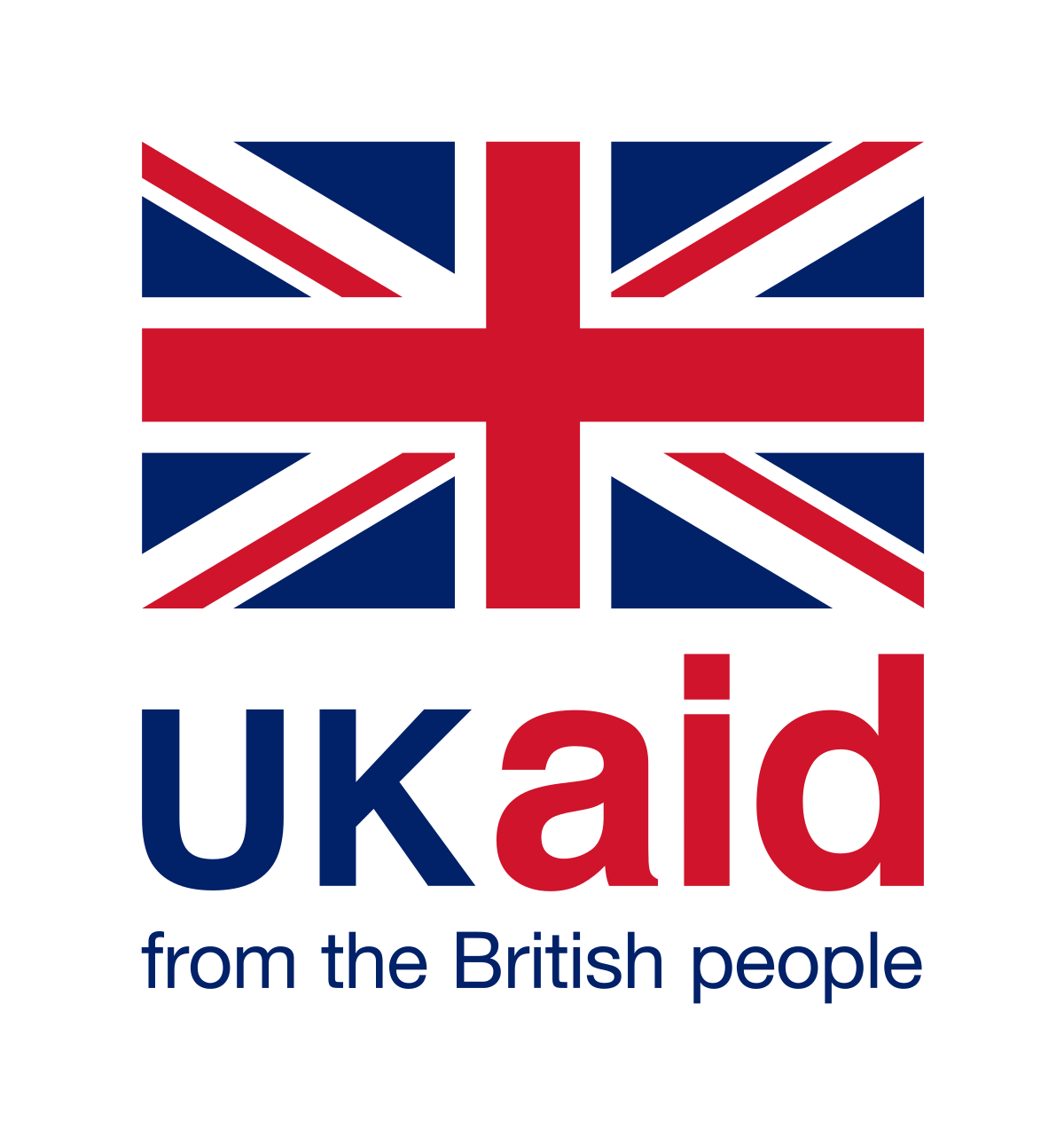Key Takeaway
Policymakers and practitioners should proceed with caution before prescribing direct contact in fragile settings, while education-based interventions represent a more reliable—and scalable—approach to prejudice reduction.
The Challenge
Can increased contact between refugees and host populations build social cohesion? In settings like Lebanon, prejudice against Syrian refugees and rising levels of polarization have fueled anti-refugee rhetoric, framing Syrian refugees as a threat to their host community. These beliefs—which have resulted in mass deportations, systematic discrimination, and limited access to rights and services for refugees—are exacerbated by a cycle of limited engagement between refugees and hosts and diminished empathy for outgroup members.
Intergroup contact interventions are often implemented to reduce prejudice across polarized group lines by bringing members of different groups together. However, there are mixed findings on whether intergroup contact alone is sufficient to build social cohesion in refugee settings, or whether it should be accompanied by educational programming to teach participants how to interact across group lines. Empathy education, which attempts to strengthen one’s ability to understand others’ thoughts and emotions, provides an alternative method.
The Evaluation
In collaboration with a local NGO, Amel, researchers conducted a randomized evaluation in Lebanon to build increased opportunities for intergroup contact and to add empathy education into the typical psycho-social support program the organization provides. In this program, groups of children ages 12 to 17 received weekly, two-hour sessions focused on mental wellbeing and the prevention of and response to violence, abuse, and exploitation.
To test these different approaches, the researchers randomly divided 1,455 participants (about 887 youth and 595 of their parents) into one of the following groups:
- Mixed Syrian refugee and Lebanese host groups, facilitating intergroup contact, who received an unrelated health and nutrition curriculum,
- Groups of only Syrian refugees or Lebanese hosts, who received an empathy education curriculum involving peace messaging,
- Mixed Syrian refugee and Lebanese host groups who received empathy education, and
- (Comparison) Groups of only Syrian refugees or Lebanese hosts, who received an unrelated health and nutrition curriculum.
The researchers measured the resulting attitudes, self-reported behaviors, and real-world behaviors, such as RSVPs to and attendance at a dance performance celebrating the outgroup’s culture. Additionally, researchers measured whether the intervention had any impact on the participating youth’s parents.
Results
Empathy education modestly decreased outgroup prejudice and fostered inclusive refugee policy preferences among Lebanese youth. Intergroup contact, on the other hand, failed to reduce prejudice and did not increase participants’ willingness to attend outgroup social events. However, intergroup contact was unexpectedly more effective at improving knowledge of and confidence in dealing with interpersonal conflict. Neither intervention had impacts on the attitudes of participants’ parents.
Combining intergroup contact and empathy education had the most negative outcomes. The researchers suggest that this effect may be a result of Lebanese participants feeling threatened when they are asked to empathize during intergroup contact. Nonetheless, while they conclude that further research is needed to understand these mechanisms, empathy education is a promising avenue for an effective, scalable approach to reduce prejudice in host-refugee settings.
Policy Impact and Implications
Based on the results, Amel has taken a more considered approach to facilitating refugee-native contact. Amel has also leveraged the positive results on empathy education to incorporate the empathy curricula developed for this study into their core family psychosocial support (FPSS) program, which enrolls thousands of refugees (Syrian and Palestinian) and Lebanese youth every year. In July 2025, 2300 youth were actively taking the empathy curriculum across all of Amel’s locations.
Implementing Partner

Funding Partner













